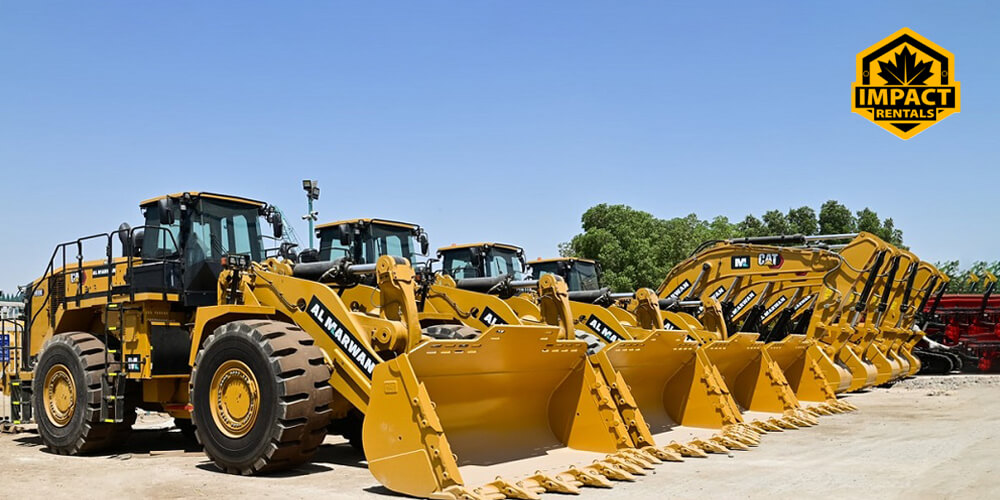
Why Renting Construction Equipment Saves Money?
To make any construction project successful, we need equipment that lets us do our jobs efficiently. Construction projects require various equipment that can be big, small, or medium-sized, depending on the work’s complexity. But buying the equipment straightaway can be an expensive and impractical decision in terms of money and logistics. So, renting can be a solution for most companies that deal with construction projects. In this article, we will explore why renting construction equipment saves money. Let’s get started!
Benefits of Renting Construction Equipment
Cost Efficiency
One big benefit of renting construction equipment is cost savings. Buying equipment can cost a lot of money at the beginning. Also, you need to bear the maintenance costs and storage, and even the machine gradually loses its value. Renting removes these extra costs, so you can use your budget better for workers, materials, and other important project needs.
Less Storage and Maintenance Costs
After purchasing the construction equipment, you must invest more in storage and maintenance to ensure your equipment runs efficiently for the long run. If you don’t have a special team to maintain the logistics and budget, you may end up spending more. Most rental companies take care of maintenance for their equipment and provide emergency help on-site. They also handle delivery and pickup, so you don’t have to worry about storage or transportation. These can save you time and money for other important parts of your business.
Equipment for Every Job
Renting equipment for your business lets you choose the right machine for each project. If your project involves moving large materials, you can opt for earth-moving equipment or small equipment for compact, tight spaces. Since project needs can change, renting is a smart choice for your construction work. Using the right equipment helps you finish jobs faster and take on different types of work.
Regulatory Compliance
Laws related to heavy equipment emissions can change over time. It can be hard to keep up with the strictest rules, and sometimes, you might not know all of them. When you rent construction equipment, the rental company keeps track of these changes for you. This means the equipment you rent will follow all the rules and be ready for your next job.
Reduce Waste Time
Time is valuable, and unused or delayed transport of the equipment can cost a company money. Renting equipment ensures you know what machines you’re getting, how long you’ll have them, and their time of arrival. If something breaks, the rental company can quickly fix it or send a replacement to avoid delays.
Access to Latest Technology
The construction industry is changing daily with new equipment technology. Renting equipment allows us to access the latest models without spending too much money on buying them. This helps make your project more efficient, productive, and safe.
Flexibility & Convenience
Renting allows you to get the required equipment for the required amount of time. Whether you have multiple projects or just need a machine for a short time, you can scale up or down according to your requirements. Most rental companies also handle delivery and pickup, which saves you a lot of time and effort.
Conclusion
When you rent construction equipment, you reap a multitude of benefits. Don’t let the headache of buying and maintaining construction supplies drag you down. From construction professionals and project managers of small to medium-sized companies to DIY enthusiasts, Impact Rentals can help you save money, all while getting the job done right and on time. Contact us today, and let us find the perfect equipment for your job.